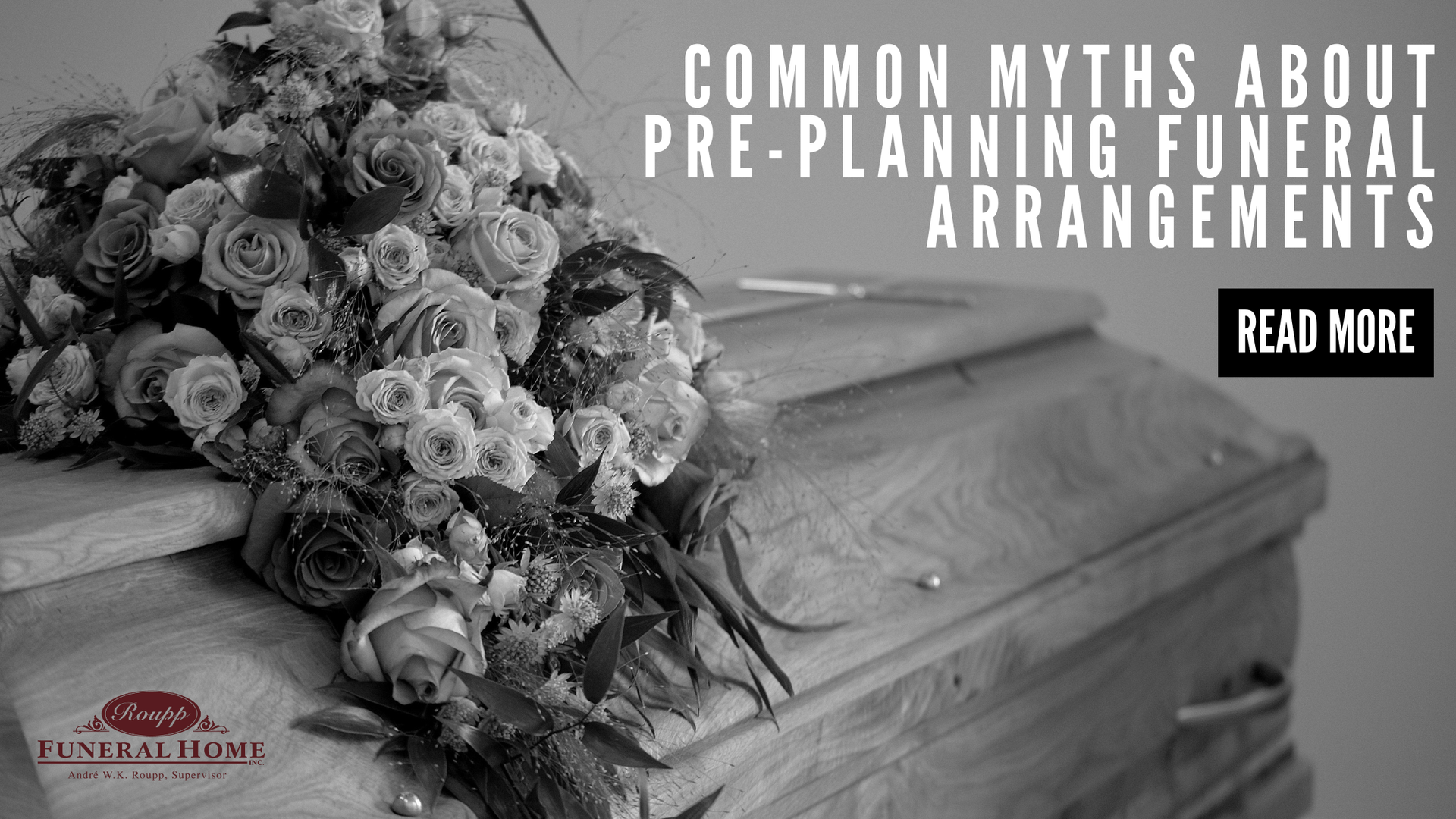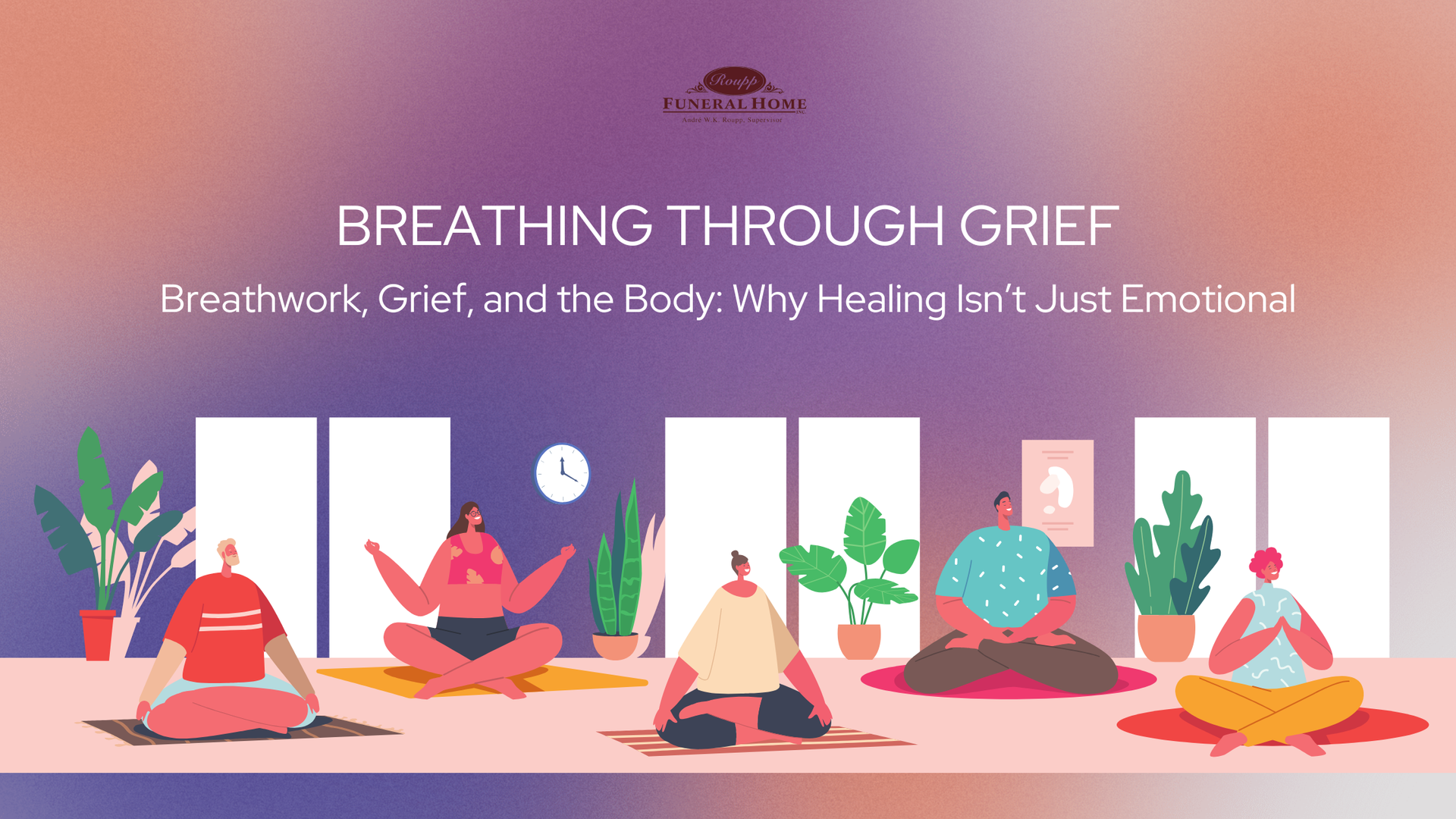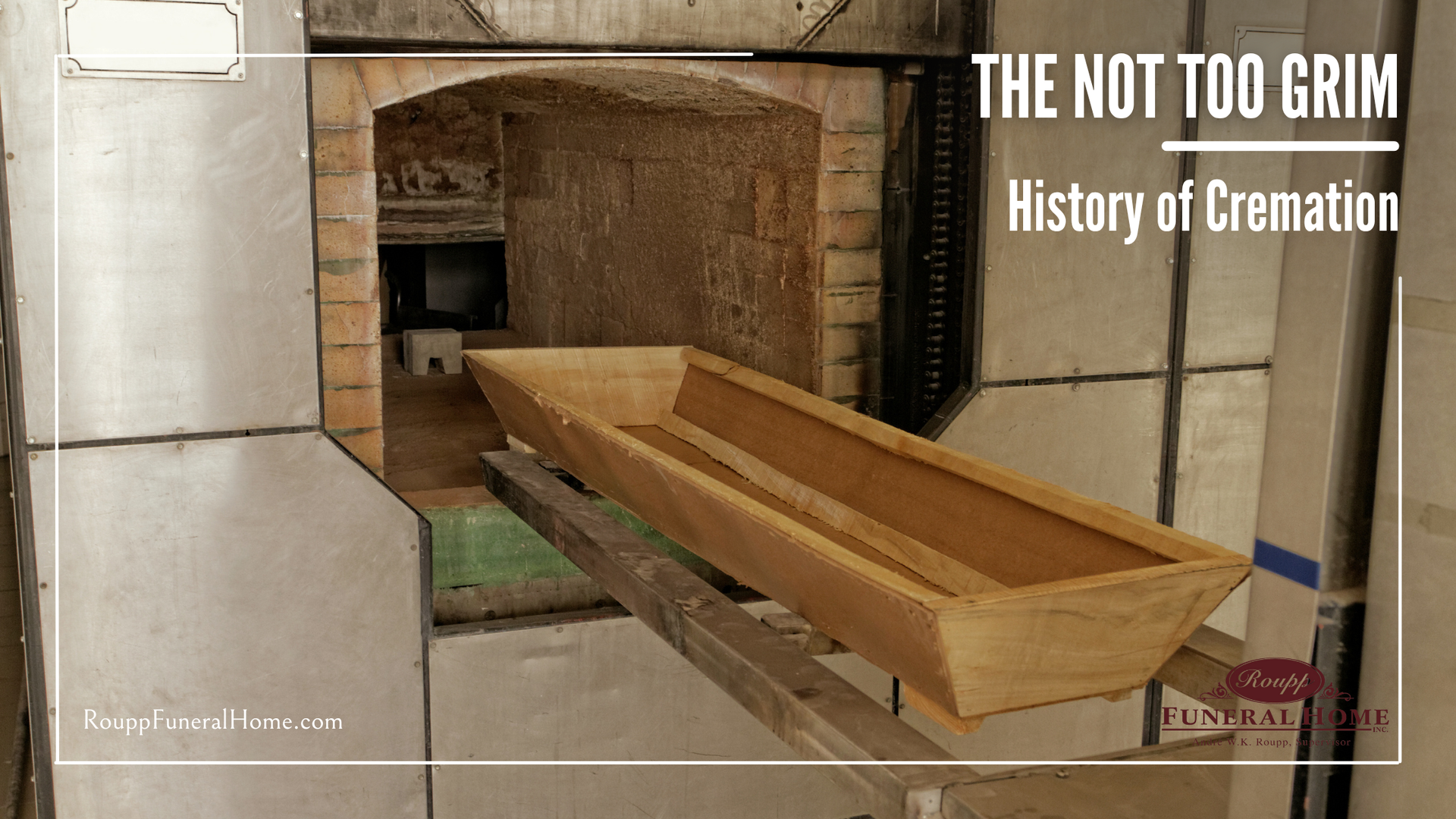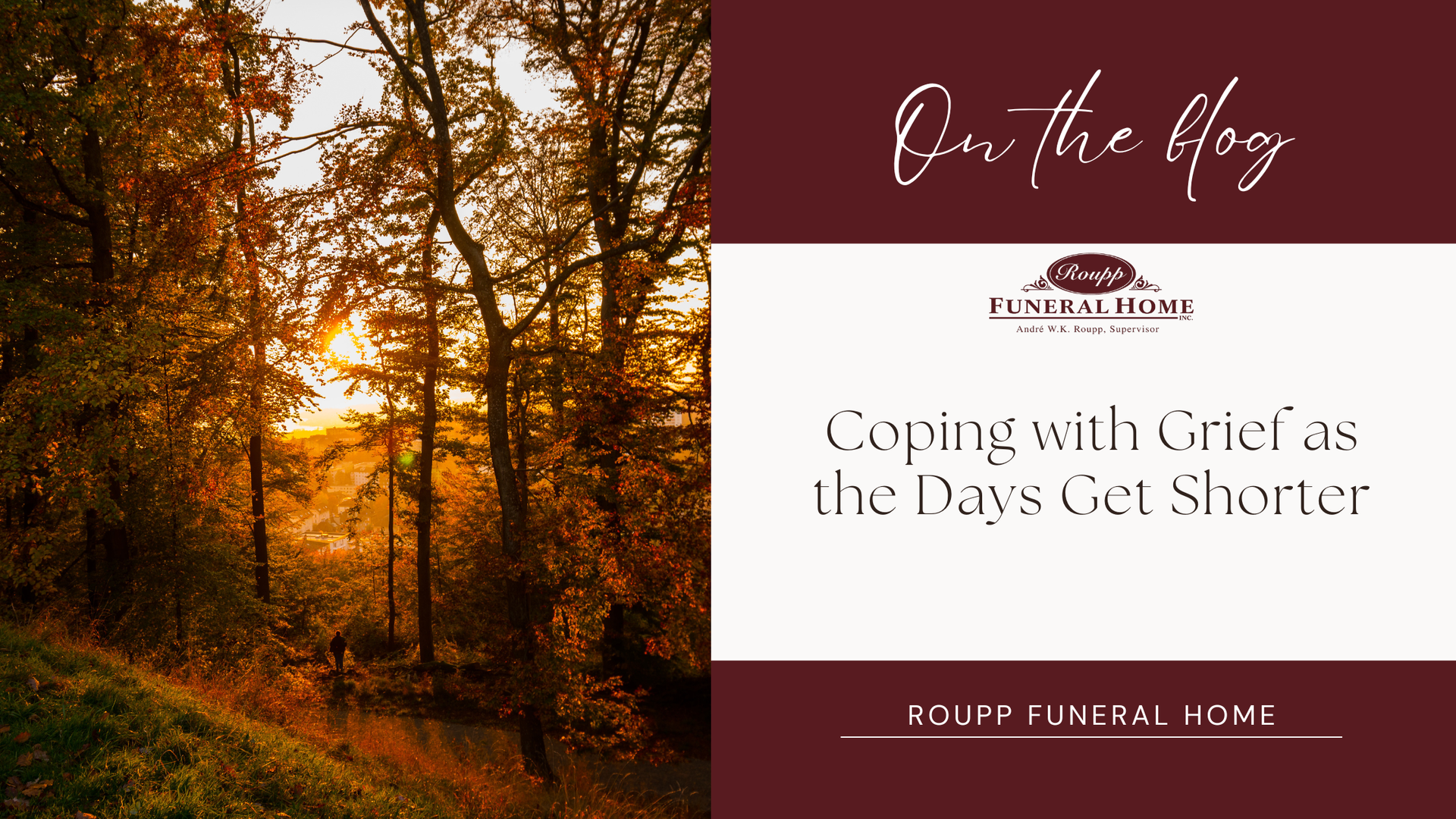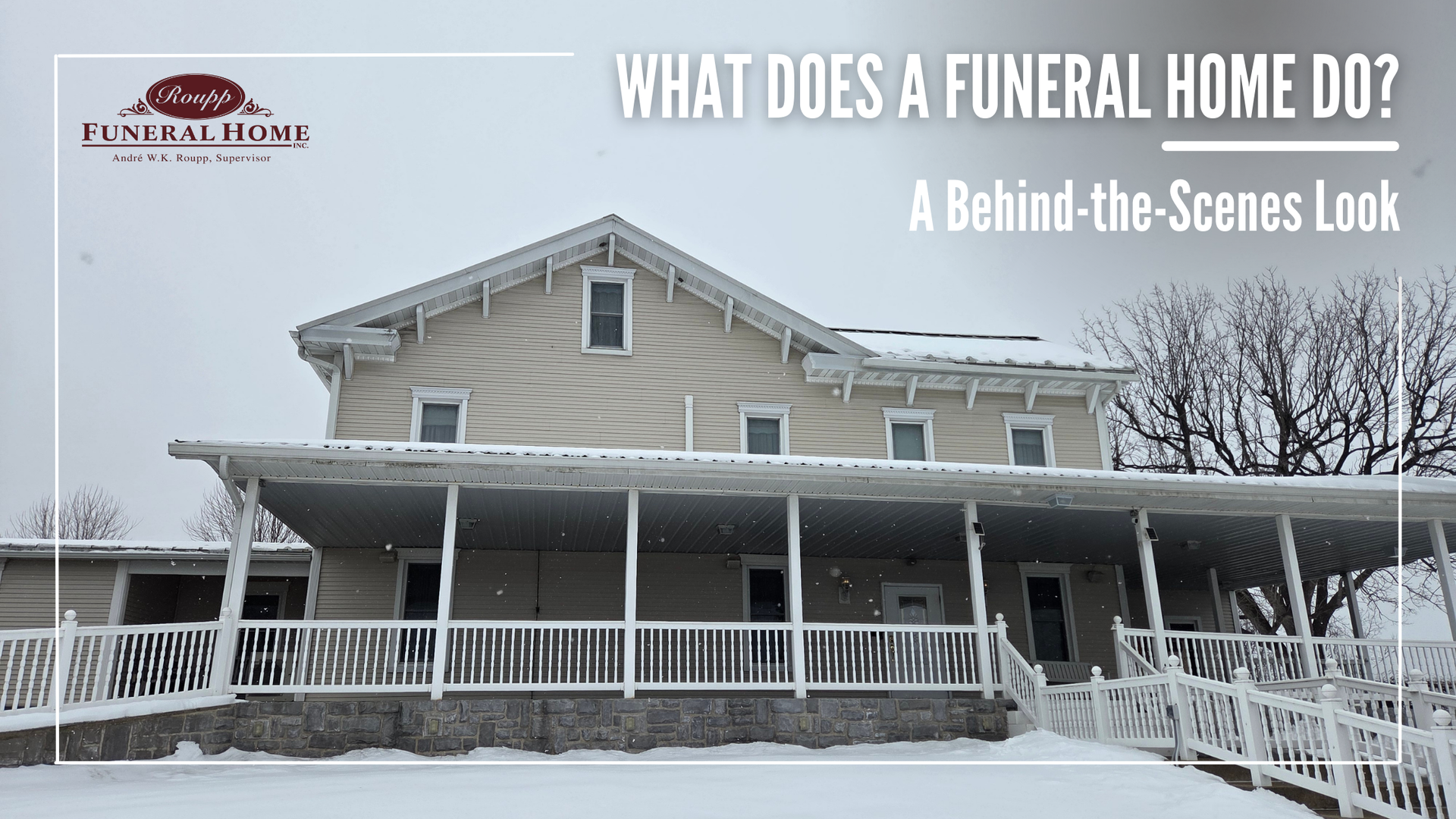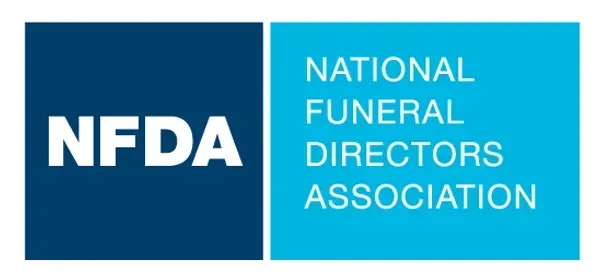What Are Your Final Wishes? Tips for Planning Ahead
Have you thought about your final wishes?
We know it’s an uncomfortable subject, but it’s always best to be prepared. This beautiful world offers us so much. None of us knows what tomorrow holds, so take advantage of it all while you can.
Discussing your last wishes with loved ones is so very important, but only
1% of us have had that conversation in-depth. So take the first difficult step and open up the discussion.
In this blog post, we’ll be sharing a few tips for planning ahead along with important topics to consider when planning your last wishes.
What are your final wishes?
Final wishes are requests, which are separate from a will. Final wishes are what someone wants to have done after they die. This mostly has to do with funeral arrangements and final disposition (burial or cremation, etc).
These wishes are not legally binding. However, if your family members agree to respect your last wishes, the executor has the moral responsibility to follow through.
It’s important to keep in mind that your final wishes should be separate from your will. As a will is typically read after the funeral, having separate paperwork when you pass will help your loved ones know what you want for your memorial.
When writing down your final wishes, there are a wide range of questions to consider.
What should be included in your last wishes?- How do you want the days leading up to your death to look?
- What do you want to happen to your body?
- How do you want to be remembered and celebrated?
What do you want to say to your loved ones?
Who will you entrust with your final paperwork?
Write it down:
Take the time to have your final affairs in order and to keep them in a safe place. It is important to let someone know where your important papers are so that when you pass, they can find them.
It’s quite simple. Type it out or grab a physical sheet of paper and start writing.
Put down the date and your name. Title the document “[Your full name] Last Wishes”. Address it to the most important people in your life.
Then write out what you want to say. Ultimately it’s up to you what you want your final wishes to be. It can be as short as a few sentences, or as long as fifty pages. You can briefly spell out some important decisions (like where you want to be buried) and be done in about ten minutes, or you can spell out every last detail of the service along with lengthy messages to each member of your family over the next few weeks.
When you’re done, print it out and show your family, or at least let them know where it is. Then have a good conversation about it.
What to include:
Walk yourself through what you want the funeral or memorial to look like. Do you want it intimate with only close family members? What music do you want to play? Who should give your eulogy? Write it down!
You also want to consider what you want to happen with your body. Do you want to be cremated? Donate your body to science? Be an organ donor? Where do you want to be buried or scattered? Any funeral-related decision you can make now will be one less agonizing choice your loved ones have to make while grieving your loss.
Personal information should be included in your final wishes as well. Little things like keys to storage units, a list of assets and account information, care instructions for pets, and even passwords for social media or email.
Lastly, we highly suggest information to include in your obituary. Things such as:
- Your survivors
- Pre-deceased by (parents, grandparents, etc.)
- Career information
- Important dates/events in your life
- Community service
- Church affiliation
- Military service
- The location of the viewing, funeral service, and burial
Not everyone likes to plan ahead, but pre-planning your final wishes not only gives you peace of mind about your last wishes being honored but alleviates some of the stress and burden your loved ones are going through as they experience the grief associated with the loss.
The staff of Roupp Funeral Home is happy to assist you with your funeral pre-needs by helping you make decisions about your funeral service in advance and guiding you in helping eliminate some of the unnecessary stress brought on by a loved one’s death.
Download our free guide to Your Final Wishes here for more information.
